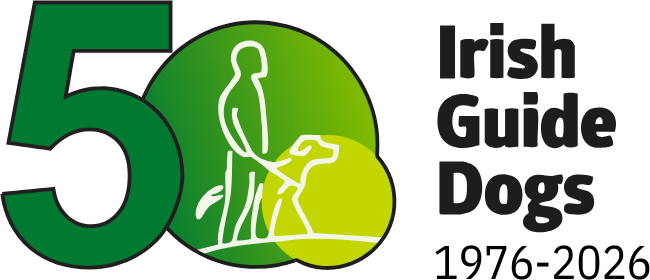FAQ's
Career Guidance FAQs
FAQ's
23 Jun, 2021
:format(webp)/f/106081/3390x2480/a0a27529ba/099-trainers-april.jpg)
How to become a Guide/Assistance Dog Trainer/Instructor
Guide Dog training is a very specialised field.
There are no ‘set-in-stone’ qualifications that are required before applying to become a Guide/Assistance Dog trainer but there are guidelines to make your application stand out.
There are lot of courses/exams etc. that allow you to learn the theory of dog communication, behaviour etc. University courses, while beneficial, will not necessarily teach you how to train dogs or train people to train dogs. It is equally important to gain hands on experience.
There are various ways to gain experience:
Puppy Raise or Volunteer for IGDB
Volunteer with an animal welfare charity
Complete work experience at a veterinary hospital
Train your own pet dog
Dog training roles within IGDB can be broken into Trainers and Instructors. Both are demanding vocations and certain skills are essential. Anyone considering this job should be able to combine a love and understanding of dogs with good academic qualifications and standards. There is high demand for individuals wanting to become Guide / Assistance Dog trainers and a limited number of positions available.
To become a qualified Guide/Assistance Dog trainer, applicants will need to be eighteen years old or over. A third level qualification is desirable – not necessarily dog training focused. They must also have a full and current driving licence. An aptitude for learning is one quality that is looked favourably upon, as is a natural affinity with and understanding of dogs. Potential trainers must be physically fit and willing to work outside in all types of weather.
Dog trainers begin their employment as a trainee and are constantly assessed and evaluated on their performance. Upon successful completion of all the required training, the candidate is considered a qualified Guide / Assistance Dog Trainer.
A Guide Dog Mobility / Assistance Instructor is responsible for completing the final part of a dog's training. The training of a Guide / Assistance Dog is a long and intense process and each element of that training requires attention from a competent and dedicated member of the training team.
After the initial process of selecting prospective dogs and training them, it is an Instructor's duty to make the transition from training to being housed with a Client as smooth as possible. It is therefore imperative that this person possesses superb inter-personal and communication skills. The instructor will supervise and aid the initial meetings between the dog and his future owner. Frequent after care trips to the houses of Guide and Assistance Dogs are essential in order to monitor the progress of the dog in its’ new environment so a driving licence is needed.
This job can be very demanding as the success of the Guide Dog and Assistance Dog Programmes and Client partnerships depend on it, but at the same time it is hugely rewarding.
